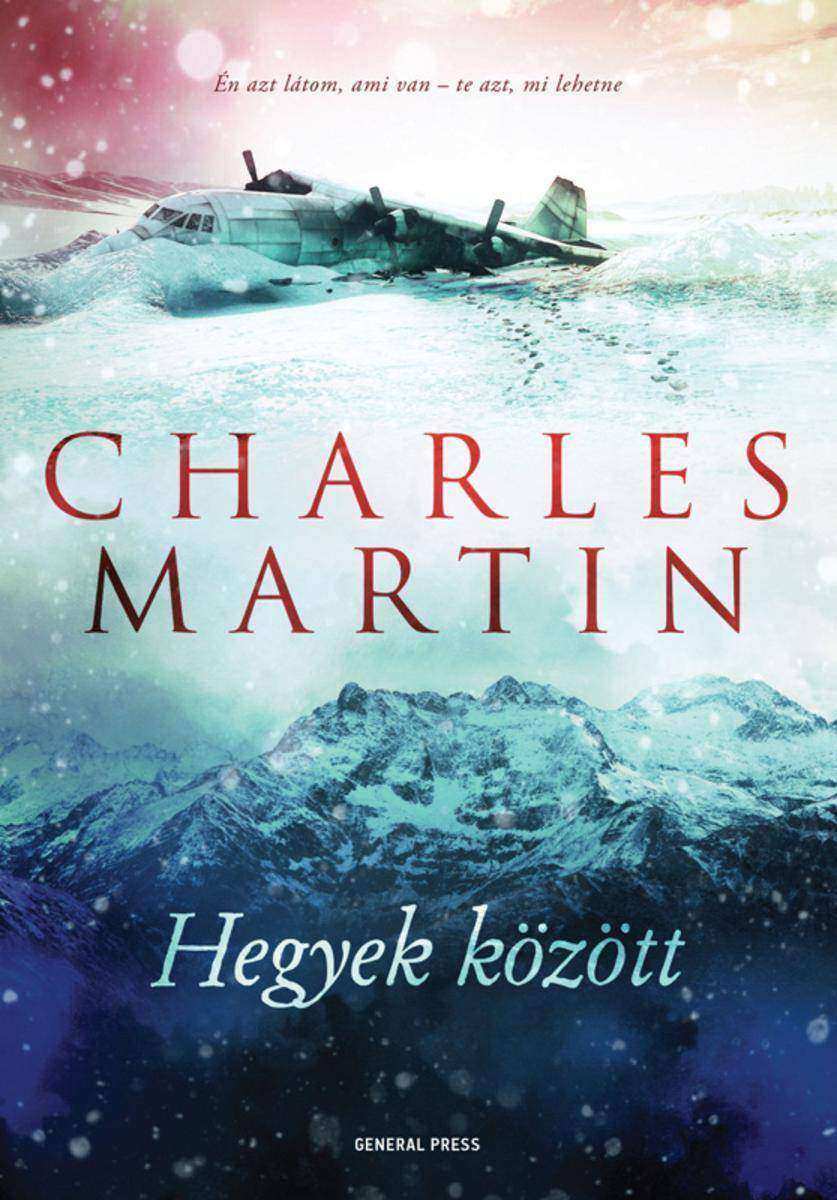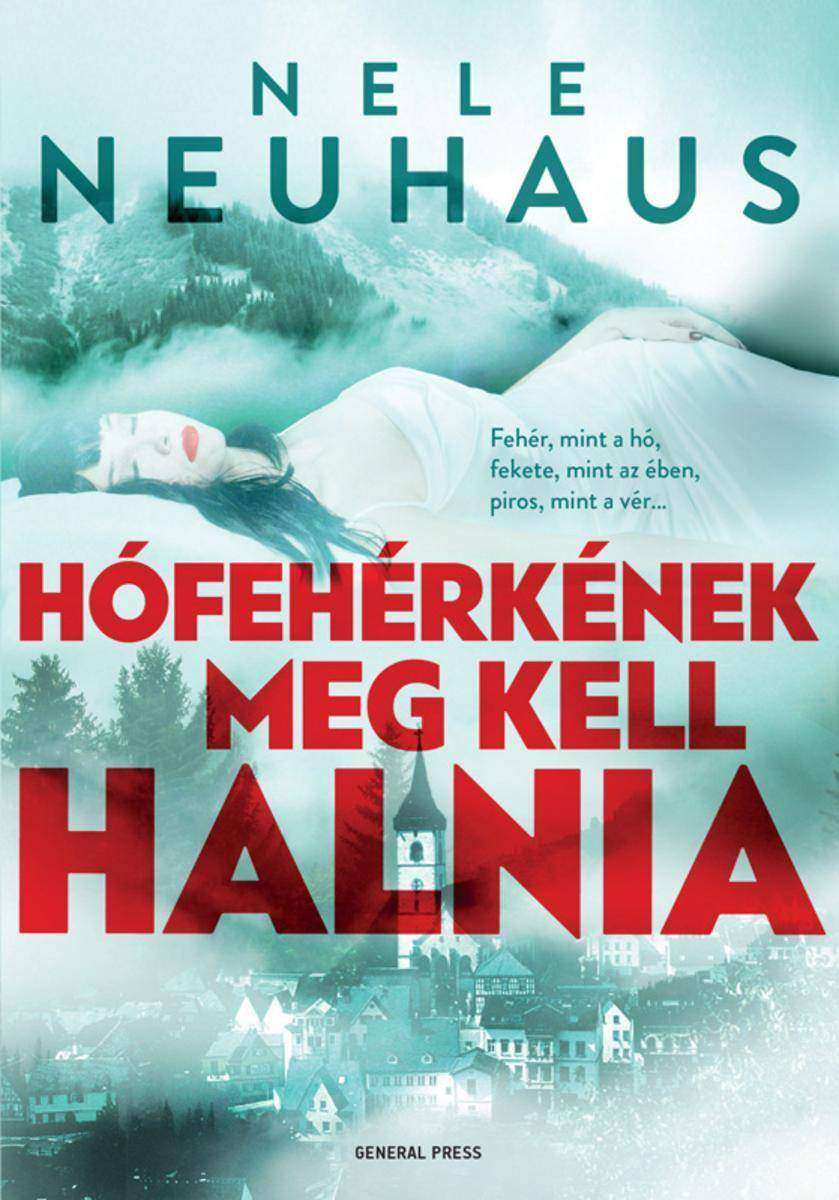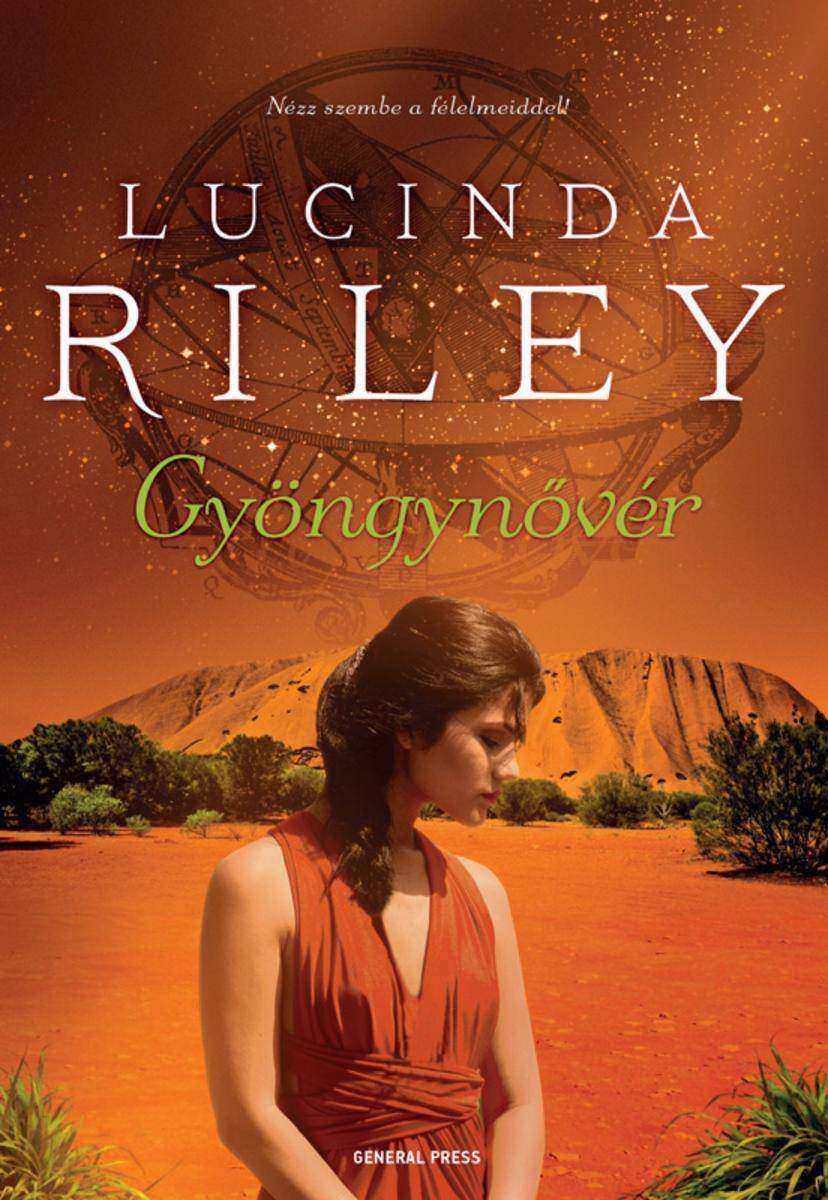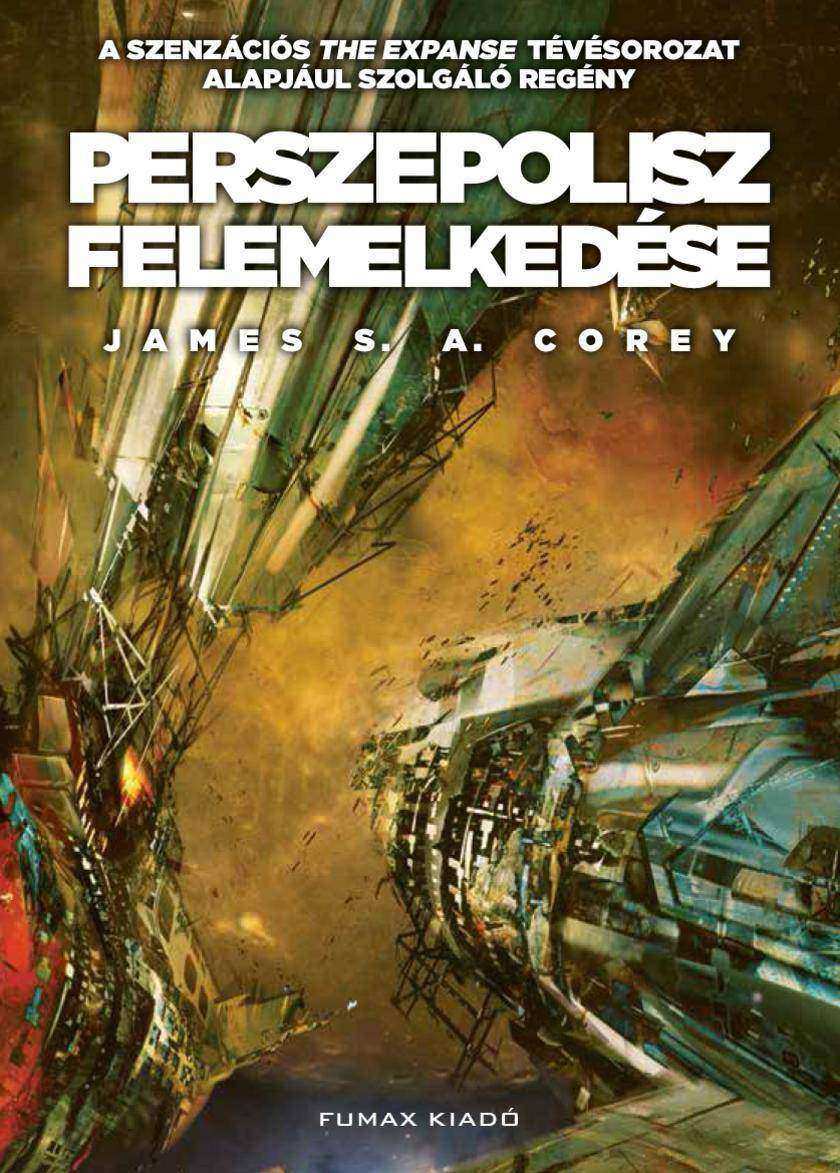
Szívhang 566–567. - Isten hozott a szigeten!
¥40.79
Szívhang 566–567. - Isten hozott a szigeten!

Hegyek k?z?tt
¥70.06
Hegyek k?z?tt

Arany Júlia 26. k?tet
¥48.97
Arany Júlia 26. k?tet

Hófehérkének meg kell halnia
¥81.34
Hófehérkének meg kell halnia

A tengerszem? lány
¥20.52
A tengerszem? lány

Az els? karácsonyunk, Céges buli, Más ez a karácsony
¥52.73
Az els? karácsonyunk, Céges buli, Más ez a karácsony

Szívhang 440. (Egyszer révbe érünk)
¥18.72
Szívhang 440. (Egyszer révbe érünk)

Gy?ngyn?vér
¥87.15
Gy?ngyn?vér

Perszepolisz felemelkedése
¥72.92
Perszepolisz felemelkedése

Ha elhagysz
¥75.86
Ha elhagysz

Romana 528. (Hazudj, ha mersz!)
¥18.56
Romana 528. (Hazudj, ha mersz!)

Romana kül?nszám 58. k?tet
¥42.92
Romana kül?nszám 58. k?tet

Szívhang kül?nszám 38. k?tet
¥42.92
Szívhang kül?nszám 38. k?tet

Váratlan-várt visszatérés, A latin szeret?, Tüzes szempár
¥46.84
Váratlan-várt visszatérés, A latin szeret?, Tüzes szempár

Vetélytársból élettárs, A botrány szele, Táncosn? a kastélyban
¥52.48
Vetélytársból élettárs, A botrány szele, Táncosn? a kastélyban

Vadmacska, ?des nyuszikám, Majd beletanulok: Igéz? szépség
¥52.48
Vadmacska, ?des nyuszikám, Majd beletanulok: Igéz? szépség

Karnyújtásnyira
¥69.73
Karnyújtásnyira

Cseréljünk életet!, T?r?lmetszett feleség, ?k?ljog
¥46.03
Cseréljünk életet!, T?r?lmetszett feleség, ?k?ljog

Romana 515. (Az eladott menyasszony)
¥18.56
Romana 515. (Az eladott menyasszony)

Nyaralás, fl?rt, szerelem: Júlia 651.
¥20.36
Nyaralás, fl?rt, szerelem: Júlia 651.

Hamis pár (Hollywoodi doktorok 4.), A sebész, aki elcsábított
¥40.79
Hamis pár (Hollywoodi doktorok 4.), A sebész, aki elcsábított




 购物车
购物车 个人中心
个人中心



